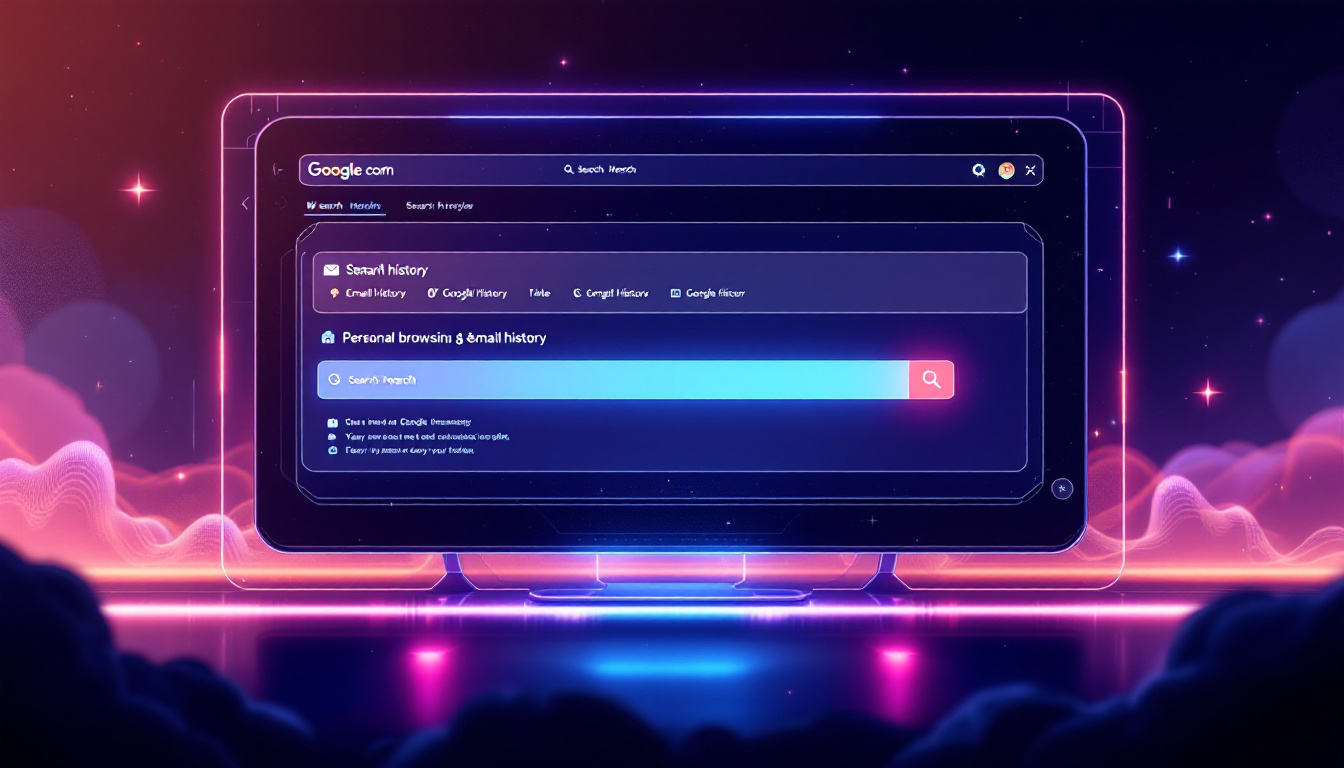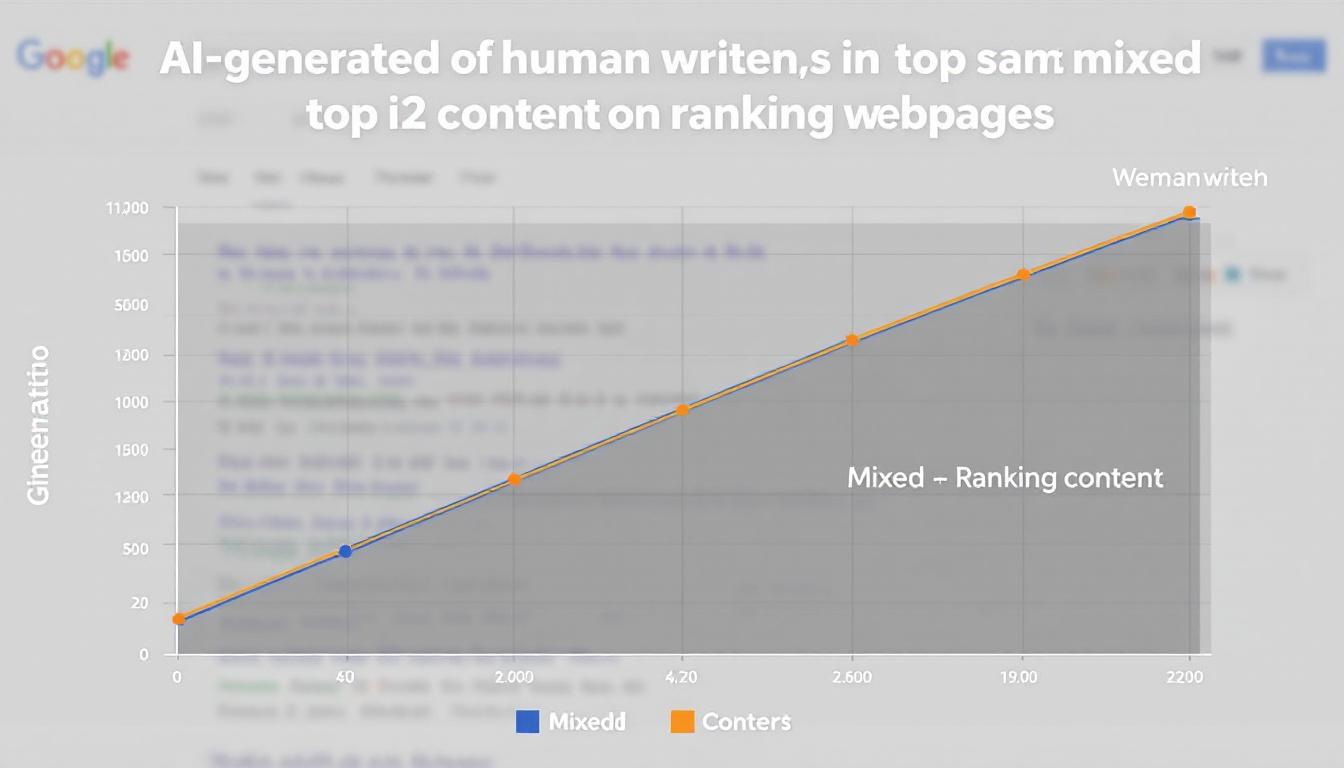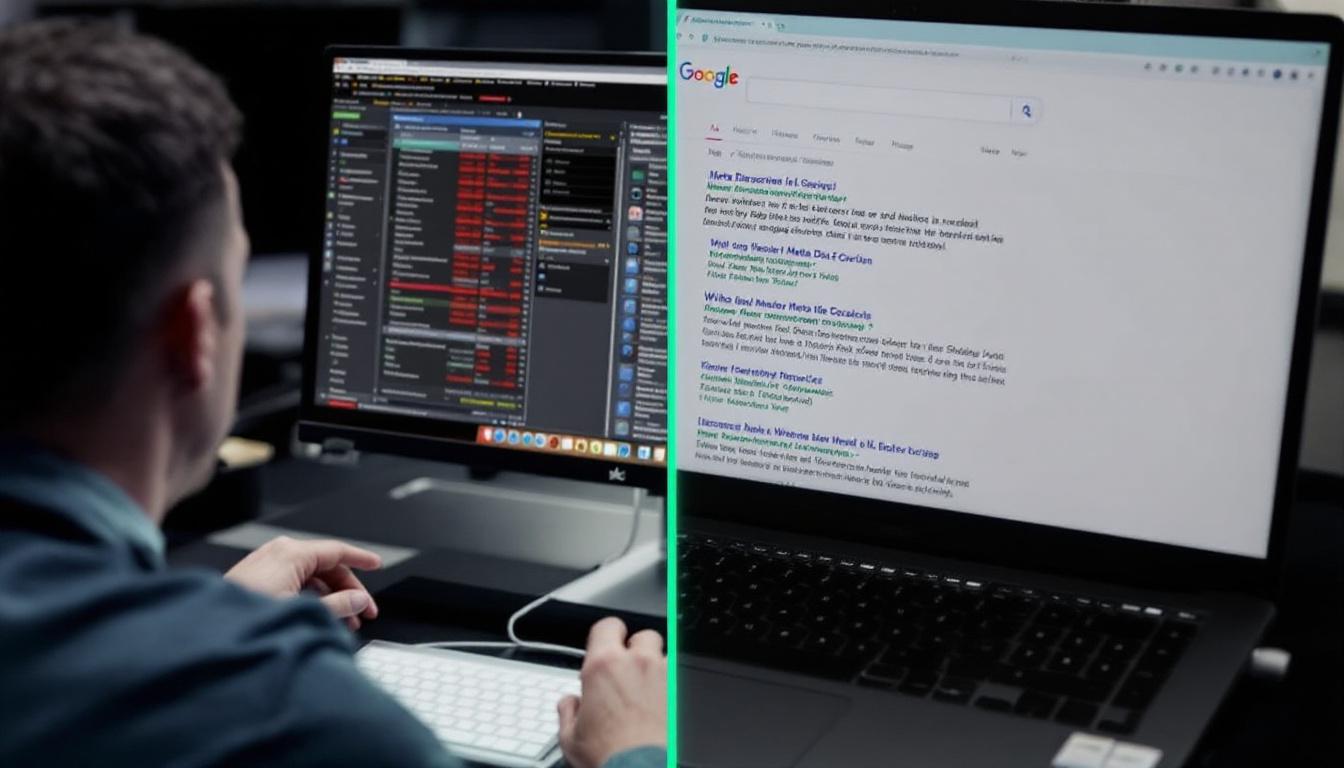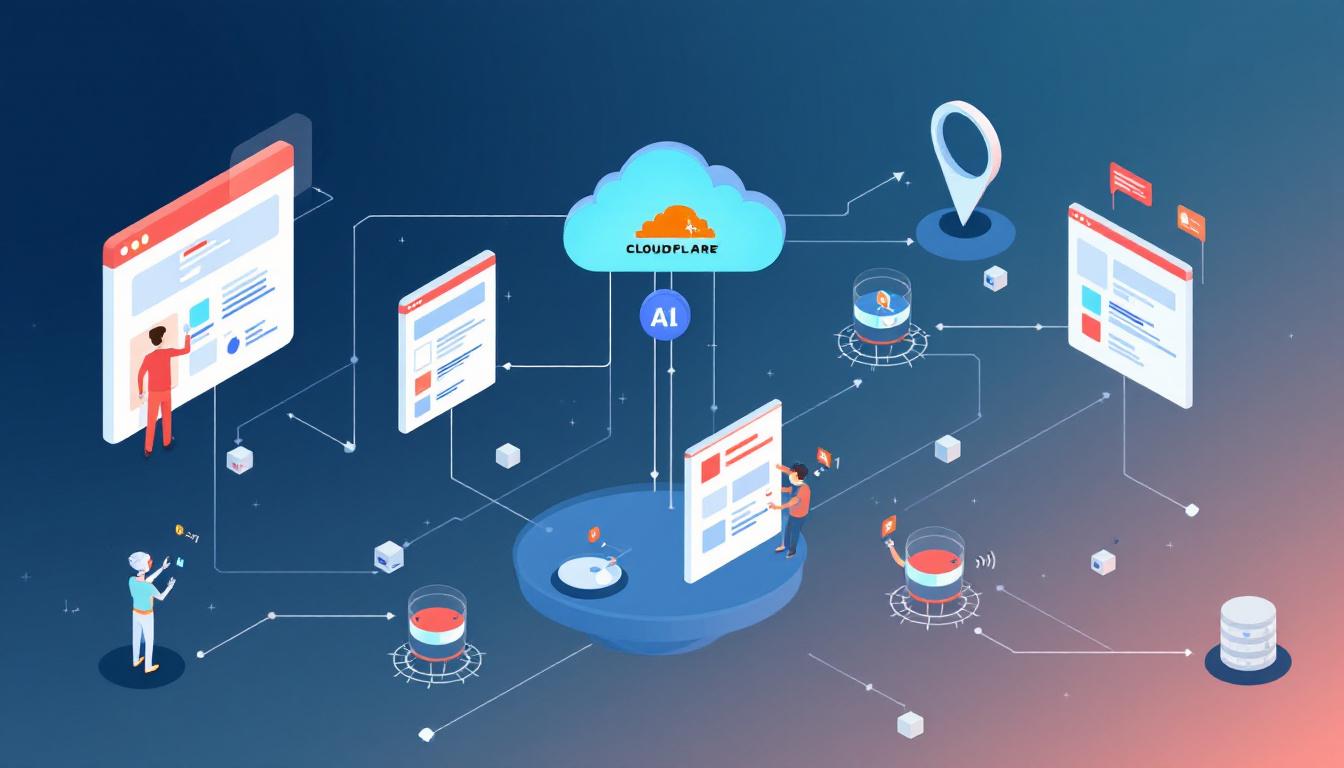Google has recently submitted a patent for a groundbreaking search feature that leverages a user’s browsing and email history to deliver more personalized search results.
LinkWhisper
The ultimate internal linking plugin for WordPress that can elevate your on-page SEO. Recognized as the finest in the field. Simple to install with powerful features.
This system aims to enhance the search experience by allowing users to retrieve information they’ve previously encountered, even if they can’t recall specific details about it.
A New Approach to Personalized Search
Many individuals struggle to locate specific information they’ve accessed online because they forget where they found it or how they discovered it.
Google’s latest patent addresses this issue by enabling searches that draw directly from a user’s past web activities and email communications.
Understanding User Intent
At the core of this system is the ability to interpret the user’s queries accurately, determining whether they seek information from their personal history.
The system analyzes the phrasing of a user’s spoken or typed request to discern if it’s aimed at retrieving previously viewed content.
By employing semantic analysis and matching the query to known patterns associated with historic searches, the system can identify the user’s intent even when the language used is informal or ambiguous.
Once the system discerns that the user is looking for something they’ve encountered before, it applies various filters such as topic, date, or device to narrow down the search results.
This ensures that the information retrieved is both relevant and aligned with the user’s specific needs.
Defining the Search Parameters
Determining the scope of the search is essential to ensure that the results are pertinent and manageable.
Limiting to Personal Data
Instead of scanning the entire internet, the system focuses exclusively on the user’s personal data sources.
The search is confined to predefined repositories such as the user’s browser history, cached web pages, and email archives. By restricting the search to these areas, the results are more targeted and meaningful to the user’s previous interactions.
This targeted approach not only improves the relevance of search outcomes but also enhances the efficiency of retrieving specific information from the user’s historical data.
Preserving Original Content with Caching
One of the standout features of Google’s patented system is its ability to present content exactly as the user first encountered it.
Retrieving Cached Pages
By storing snapshots of web pages, the system can provide users with the exact content they viewed at a particular time.
Cached versions of accessed web pages are stored, allowing the search system to display the page as it appeared during the user’s initial visit.
This is particularly helpful when the original page has been updated or removed, ensuring the user can recognize and verify the information they are seeking.
This feature aligns the search experience with the way people recall information, making it easier for users to locate specific content without needing precise details.
Practical Uses of the History-Based Search
The implications of this patent extend to various applications, enhancing how users interact with their data.
Enhanced Search Engine Functionality
Integrating this system into search engines can transform how users retrieve personal information.
Instead of pulling results from the general web, the search engine can provide answers sourced from the user’s browsing history and emails.
This makes the search process more relevant to the user’s personal experiences and past interactions.
Improved Email Retrieval
Email clients can utilize this technology to help users find specific messages more efficiently.
By treating emails as part of the searchable history, users can locate old messages using natural language queries, such as recalling a recipe shared by a family member without remembering the exact email subject.
Voice Assistant Integration
Voice-activated systems can leverage this patent to respond to user requests more intelligently.
Users can issue spoken commands to find information from their history, like searching for a particular document accessed on their phone.
The system interprets these queries and retrieves the relevant data seamlessly.
The Bottom Line
Google’s new patent for a history-based search system marks a significant advancement in personalized search technology.
By enabling users to retrieve information from their browsing and email history using natural language, this innovation promises to make finding previously viewed content simpler and more intuitive.








